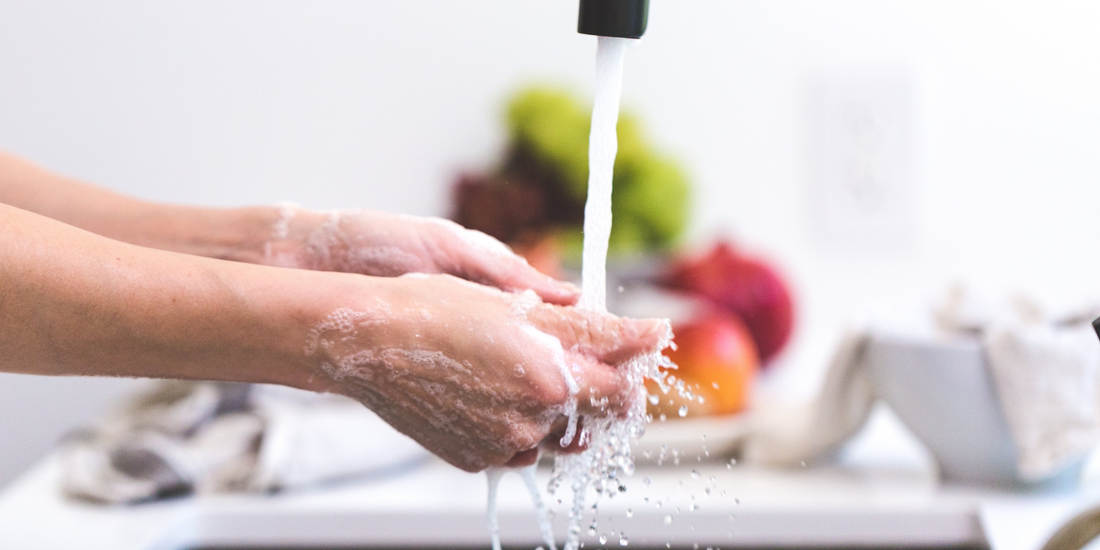
As a healthcare worker, clean hands count. Clean hands prevent the spread of illness in healthcare facilities. Unfortunately, the frequent handwashing and sanitizing needed to achieve this all too often results in painful, cracking, or broken skin on the hands. This raises an important question: what can we do to ensure our hands are clean to protect ourselves and patients, and still have healthy and beautiful hands?
As dermatologists, hand dermatitis is one of the most common issues we see. Hand dermatitis often comes with redness, dry skin, itching, burning, blisters, and crusts. It is made worse by wet work: when hands are wet for more than 2 hours per day, hand washing more than 20 times per day, or wearing gloves for more than 2 hours per day. In 2020, hand dermatitis was reported(1,2) as the second most common nonfatal occupational illness.
This discomfort can make proper hand hygiene unappealing and can lead to healthcare workers occasionally skipping this essential task. However, there are some preventive measures that can help:
- Avoid or minimize wet work.
- Wear gloves to do household chores, especially when washing dishes.
- Wear gloves when using cleaning products and gardening.
- Keep hands well moisturized with thick creams and ointments like plain petrolatum or petroleum.
- Remove rings when washing hands.
- Use warm or cold water when washing hands, do not use hot water.
- Use alcohol-based hand sanitizers when recommended.
The CDC recommends the use of alcohol-based sanitizers, rather than soap and water, as the preferred method to reduce germs on your hands in most clinical situations. Unless there is visible bodily fluid, dirt, oil, or grease on your hands, sanitizers are usually the better choice. Why?
- Compared to soap and water, alcohol-based sanitizers remove fewer natural protective oils and cause less drying and damage.
- Many people believe that hand sanitizer is more drying than soap and water; this is a widespread myth not supported by science.
- If alcohol-based sanitizer burns, this is because the skin is already cracked and damaged. The burning is not a sign of further damage.
- The sooner you make the switch from soap and water to sanitizer, the sooner your hands will heal.
- Choose a hand sanitizer with few ingredients, and ideally one that is fragrance-free, to reduce the risk of irritation or allergy.
- Also look for ingredients like dimethicone or glycerin to help protect the skin.
- At work, use facility approved moisturizers and consult with your occupational or employee health department for additional measures.
- You may use thick moisturizers to protect the skin and cover the hands with cotton gloves as directed by your facility and when off duty.
Even with good habits, some people are prone to developing chronic hand dermatitis due to factors outside their immediate control. This is particularly true if you have a history of eczema, or work in a healthcare setting.
Be sure to seek help if you are suffering from hand dermatitis and it is impacting your daily life or failing to improve. Your dermatologist is your partner to help you maintain clean and healthy hands.
Source: Keeping your hands clean and healthy | Blogs | CDC. (2024, June 6). https://blogs.cdc.gov/safehealthcare/keeping-your-hands-clean-and-healthy/


